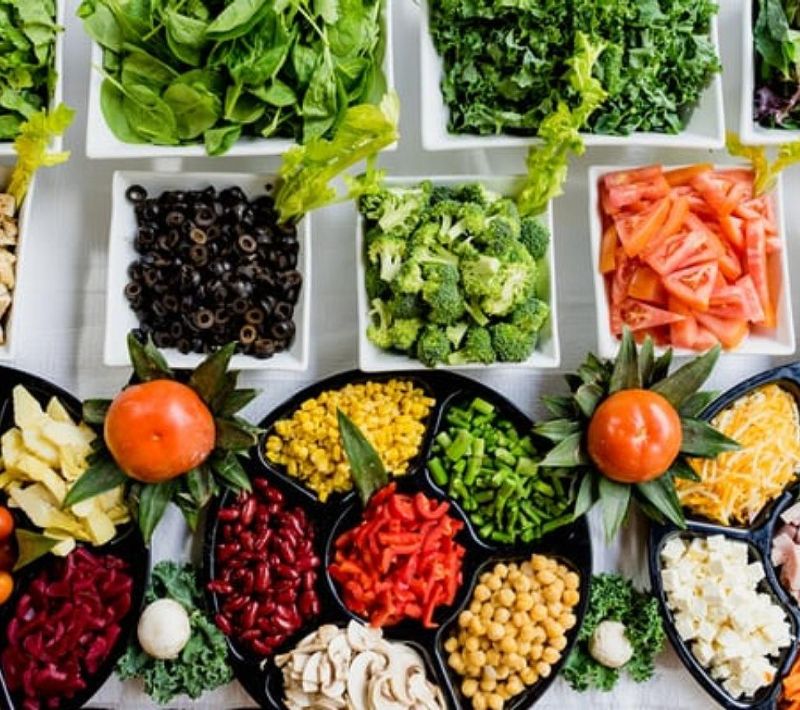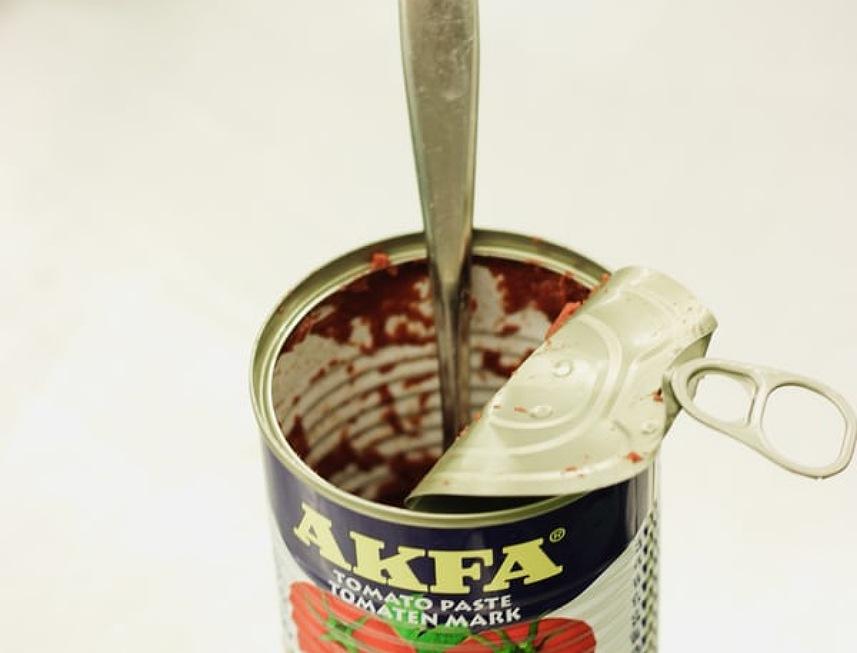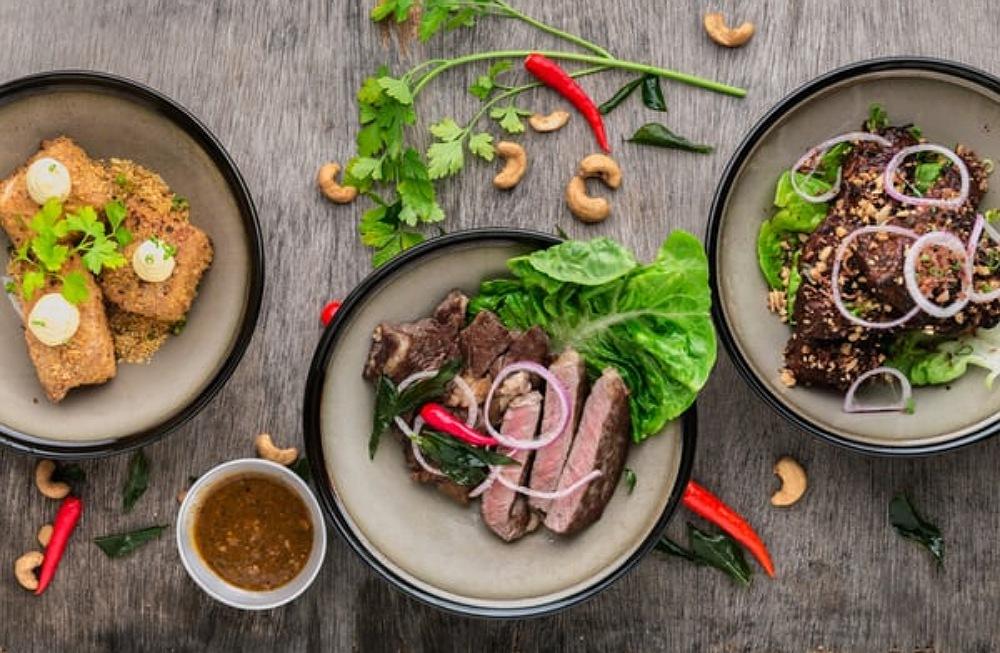COVID-19 Nigeria: How To Ensure You Don’t Run Out Of Food

Apart from the deadly COVID-19 ravaging through the nation, another deadly virus is hunger. This virus is so potent that it affects both infected persons and uninfected persons, the old and the young. Hunger is a basic necessity that cannot be ignored. Telling someone not to eat is like saying do not go and pee! Because both are nature calls that must be answered.
This virus called hunger can be seen as a leading cause of increased crimes around the country, especially crowded areas like Lagos (and its neighbors) and Abuja. In interviews by newsmen, many Nigerians, particularly those who are daily workers have said that the virus hunger is far deadlier than the coronavirus. Just recently, a taxi driver broke the law and has been sentenced to six months in jail. His excuse for breaking the law was hunger.
Well, meaning Nigerians have called on the government to make a contribution to the sustenance of those who have little, and in some states, the government has responded by giving food items to the less privileged. The middle-class Nigerian, however, is faced with a dilemma.
He too is hungry, but he is either too concerned about the less privileged (and because of that wants them to take it all) or too proud to join the masses and fight for these scarce resources. However, he looks at his pantry or stores every day and wonders how he can make sure he doesn’t run out of food.
By this time, most Nigerians are coming to terms with the possibility that this lockdown might, in fact, last for much longer than we earlier anticipated. This acceptance also comes with a feeling of dread. I do not have much savings. How do I survive? We are down to our last cup of garri. What next? Well here is the best advice you will get on the net.
There is only one way you can prevent the tragedy that could happen if you run out of food and that is rationing.

Image Source: Unsplash
What Is Rationing?
Rationing is the controlled distribution of scarce resources, goods, services, or an artificial restriction of demand. Rationing controls the size of the ration, which is one’s allowed portion of the resources being distributed on a particular day or at a particular time. There are many forms of rationing, and in western civilization, people experience some of them in daily life without realizing it.
Rationing is often done to keep the price below the equilibrium (market-clearing) price determined by the process of supply and demand in an unfettered market. Thus, rationing can be complementary to price controls. An example of rationing in the face of rising prices took place in the various countries where there was rationing of gasoline during the 1973 energy crisis.
Source: Wikipedia

Image Source: Unsplash
Best Tips On Rationing Food During A Pandemic
Visit The Stores
If you have nothing or very little at home then you might need to visit the stores. You can only ration food you actually have in your pantry. Here are some things you should get.
- Canned food. Steak. Hot dogs. Baked beans. Canned Vegetables. Cornbread. Anything that would last you a while, and still give the required nutrients. I know it might seem ridiculous buying canned food like you’re going to be incarcerated for months but you’re better safe than sorry.
- Buy fruits and vegetables. You will need them for the nutrients they provide, even though they don’t last very long.
- Buy dry grains and rice and legumes like beans
- If you envisage a kerosine or gas scarcity, buy food that doesn’t need cooking like cereals and garri.
- Buy snacks. Cheese balls. Biscuits and chocolate would do you good in the days when you are so bored and just dying for a snack.
- If you can bake, buy ingredients for the cake. Baking could be entertaining, therapeutic, and leads to a very delicious end for you.
Note: While shopping, remember to buy food combinations that make a balanced diet. You need as many nutrients as you can get to boost your immune system and reduce the likelihood of you and your family falling sick from the virus.
Take Stock Of What You Have
Take a piece of paper and take stock of all that you have in the pantry. From a bag to the smallest grain of rice. Taking stock helps you have an idea of your situation and it also helps you in planning the rationing.

Image Source: Unsplash
How Many Persons Will You Be Feeding?
This is one of the most important things to consider when rationing food. After taking stock of what you have, it is also important to take note of the number of people in your care together with their nutritional needs based on age and gender. We don’t want anyone suffering from malnutrition due to a poor diet, do we? We also can’t afford to prepare excess meals which will be later thrown into the wastebasket or flushed down the drain.
How Long Will You Need Your Food?
How long will you need your food? The length of the lockdown should determine the rationing of the available food. The lockdown usually lasts for two weeks but it is important to have extra food in case of emergencies. Coincidentally, taking stock and calculating how many persons you will be feeding would help you know how long your food will last.

Image Source: Unsplash
Share Your Food Into Portions That Fit The Above Guidelines
Share food into small portions that contain all the necessary nutrients, this helps make sure everyone is adequately fed and also prevents food wastage. These portions should be realistic, not too large, or too small to avoid a situation where people are left unsatisfied or food is wasted.
Food portions should contain at least
- ½ of fruits and vegetables
- ¼ of grains(like rice)
- ¼ of protein (animal or plant)
- A little bit of fat.
Good luck and Stay Safe!
She's a beauty and an exquisite lady who enjoys the high life in writing and poetry. Her writing style and prowess is innovative and focuses on the feminine perspective, bringing nothing but wholesome gratification to the African, Afrocentric and Afro-American women at large

